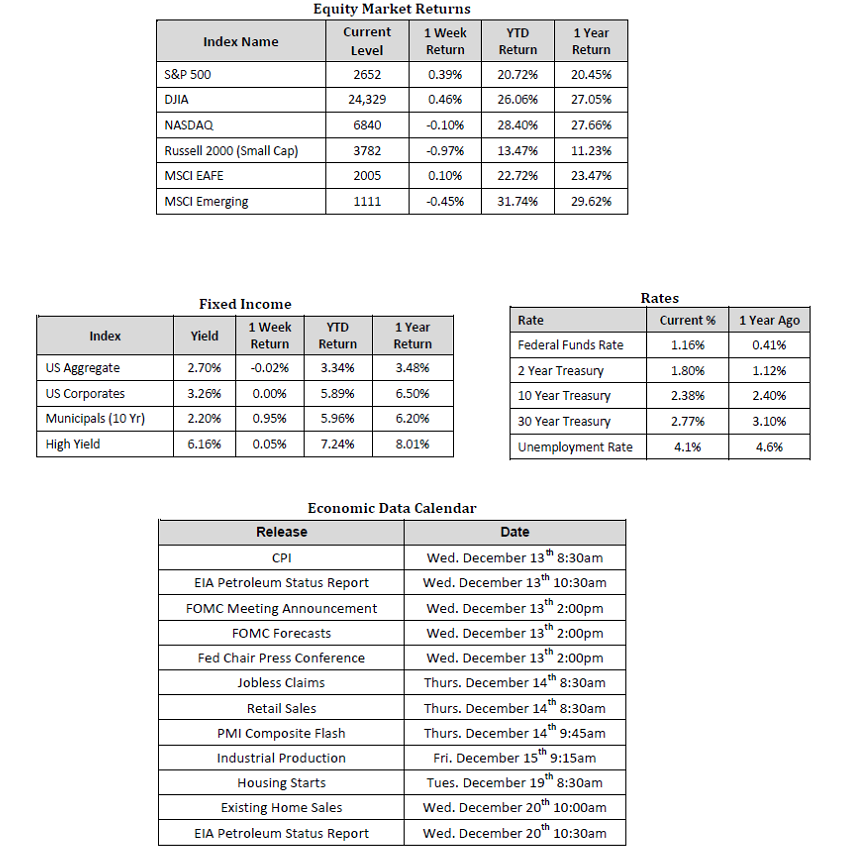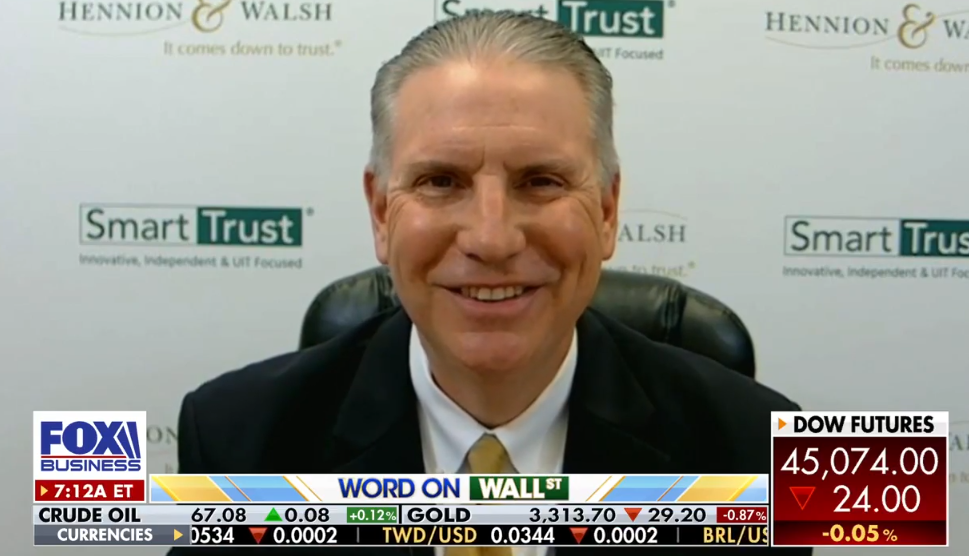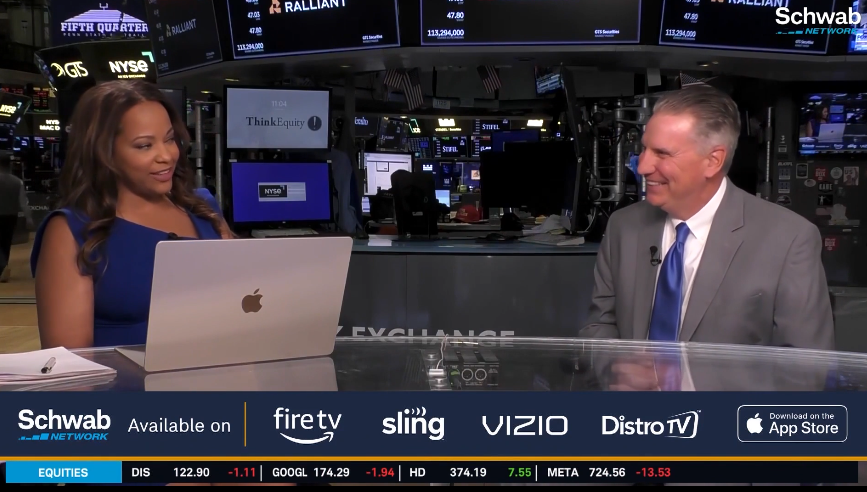
Stocks Continue their Upward Climb Ahead of Final Fed Meeting of 2017
Market Overview
Sources: Sources for data in tables: Equity Market and Fixed Income returns are from JP Morgan as of 12/08/17. Rates and Economic Calendar Data from Bloomberg as of 12/11/17. International developed markets measured by the MSCI EAFE Index, emerging markets measured by the MSCI EM Index. Sector performance is measured using GICS methodology.
Happening Now
U.S. Stocks marginally gained value last week as both houses of congress met to reconcile their respective tax bills and investors awaited this year’s final meeting of the Federal Open Market Committee (FOMC) this week. The S&P 500 index gained 0.4%, the Russell Midcap index gained 0.3%, and the small cap-oriented Russell 2000 index slipped 1%. On the international front, developed markets gained 0.1% while emerging markets declined 0.5%.
Economic data came in mostly positive last week. While certain indicators missed expectations, such as consumer sentiment and the PMI Services Index, they still remain firmly in positive territory. The highlight last week was the monthly employment report for November which showed the economy added 228,000 jobs and the unemployment rate held steady at a 17 year low of 4.1%. Wages, however, increased at the paltry pace of 0.2% for the month. Many economists argue that wage growth is the key to inflation moving higher and look to wages as an indicator for the Federal Reserve’s potential path of tightening. Despite the unimpressive wage growth, it appears the Fed remains on target to nudge rates higher by 0.25% this week.
When the FOMC meets on Tuesday, December 12 and Wednesday December 13, it will be final time with Janet Yellen at the helm. The meeting will conclude with Yellen’s final press conference and it is widely expected that she will be discussing their decision to raise the Fed Funds rate by another 25 Basis Points. This move will take the Fed Funds target rate up to 1.25% and will represent the third hike this year as well as the fifth of the tightening cycle that began in December of 2015. Historically, rising rates have generally been associated with lower returns in the stock market, tighter overall financial conditions, and higher bond yields. This latest cycle proves that you simply can’t put too much faith in historical models since prior periods of tightening occurred when rates were already at more significant levels. For example, since December 2015, the U.S. stock market is up nearly 30%, financial conditions, as measured by the Chicago Fed’s National Financial Conditions Index, have eased, and while interest rates have risen a bit, yields remain near historic lows across the various fixed income sectors.
Under the new leadership of Jerome Powell, we believe the Federal Reserve will continue to tighten in 2018 but are optimistic that such tightening will follow a transparent process and will not wash out economic growth. Inflation, and any associated wage growth, remains a wild card in our view. Should inflation expectations heat up meaningfully, the Fed may be forced to quicken their pace of tightening, potentially at the same time international central banks remove some of their own respective accommodation. An overly aggressive Fed has historically been accused of being the culprit behind past recessions and a miscalculation on their behalf is one of the many risks we are paying attention to as we head into the New Year.
While the turn of the calendar year doesn’t reset the economy or the stock market, many investors view it as a time to revisit their expectations and the assumptions that underlie their investment decisions.
Important Information and Disclaimers
Disclosures: Hennion & Walsh is the sponsor of SmartTrust® Unit Investment Trusts (UITs). For more information on SmartTrust® UITs, please visit www.smarttrustuit.com. The overview above is for informational purposes and is not an offer to sell or a solicitation of an offer to buy any SmartTrust® UITs. Investors should consider the Trust’s investment objective, risks, charges and expenses carefully before investing. The prospectus contains this and other information relevant to an investment in the Trust and investors should read the prospectus carefully before they invest.
Investing in foreign securities presents certain risks not associated with domestic investments, such as currency fluctuation, political and economic instability, and different accounting standards. This may result in greater share price volatility. These risks are heightened in emerging markets.
There are special risks associated with an investment in real estate, including credit risk, interest rate fluctuations and the impact of varied economic conditions. Distributions from REIT investments are taxed at the owner’s tax bracket.
The prices of small company and mid cap stocks are generally more volatile than large company stocks. They often involve higher risks because smaller companies may lack the management expertise, financial resources, product diversification and competitive strengths to endure adverse economic conditions.
Investing in commodities is not suitable for all investors. Exposure to the commodities markets may subject an investment to greater share price volatility than an investment in traditional equity or debt securities. Investments in commodities may be affected by changes in overall market movements, commodity index volatility, changes in interest rates or factors affecting a particular industry or commodity.
Products that invest in commodities may employ more complex strategies which may expose investors to additional risks.
Investing in fixed income securities involves certain risks such as market risk if sold prior to maturity and credit risk especially if investing in high yield bonds, which have lower ratings and are subject to greater volatility. All fixed income investments may be worth less than original cost upon redemption or maturity. Bond Prices fluctuate inversely to changes in interest rates. Therefore, a general rise in interest rates can result in the decline of the value of your investment.
Definitions
MSCI- EAFE: The Morgan Stanley Capital International Europe, Australasia and Far East Index, a free float-adjusted market capitalization index that is designed to measure developed-market equity performance, excluding the United States and Canada.
MSCI-Emerging Markets: The Morgan Stanley Capital International Emerging Market Index, is a free float-adjusted market capitalization index that is designed to measure the performance of global emerging markets of about 25 emerging economies.
Russell 3000: The Russell 3000 measures the performance of the 3000 largest US companies based on total market capitalization and represents about 98% of the investible US Equity market.
ML BOFA US Corp Mstr [Merill Lynch US Corporate Master]: The Merrill Lynch Corporate Master Market Index is a statistical composite tracking the performance of the entire US corporate bond market over time.
ML Muni Master [Merill Lynch US Corporate Master]: The Merrill Lynch Municipal Bond Master Index is a broad measure of the municipal fixed income market.
Investors cannot directly purchase any index.
LIBOR, London Interbank Offered Rate, is the rate of interest at which banks offer to lend money to one another in the wholesale money markets in London.
The Dow Jones Industrial Average is an unweighted index of 30 “blue-chip” industrial U.S. stocks.
The S&P Midcap 400 Index is a capitalization-weighted index measuring the performance of the mid-range sector of the U.S. stock market, and represents approximately 7% of the total market value of U.S. equities. Companies in the Index fall between S&P 500 Index and the S&P SmallCap 600 Index in size: between $1-4 billion.
DJ Equity REIT Index represents all publicly traded real estate investment trusts in the Dow Jones U.S. stock universe classified as Equity REITs according to the S&P Dow Jones Indices REIT Industry Classification Hierarchy. These companies are REITSs that primarily own and operate income-producing real estate.




